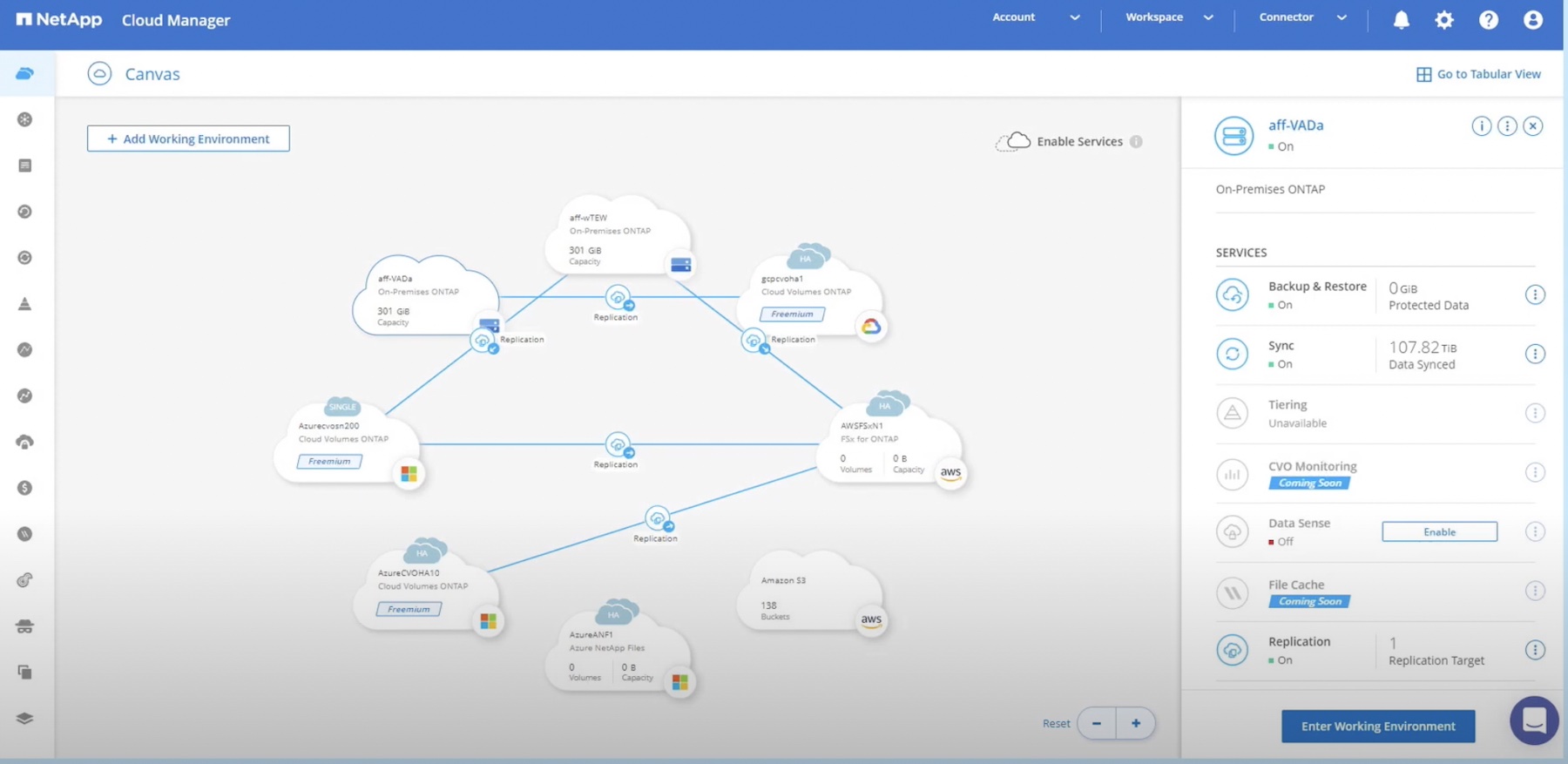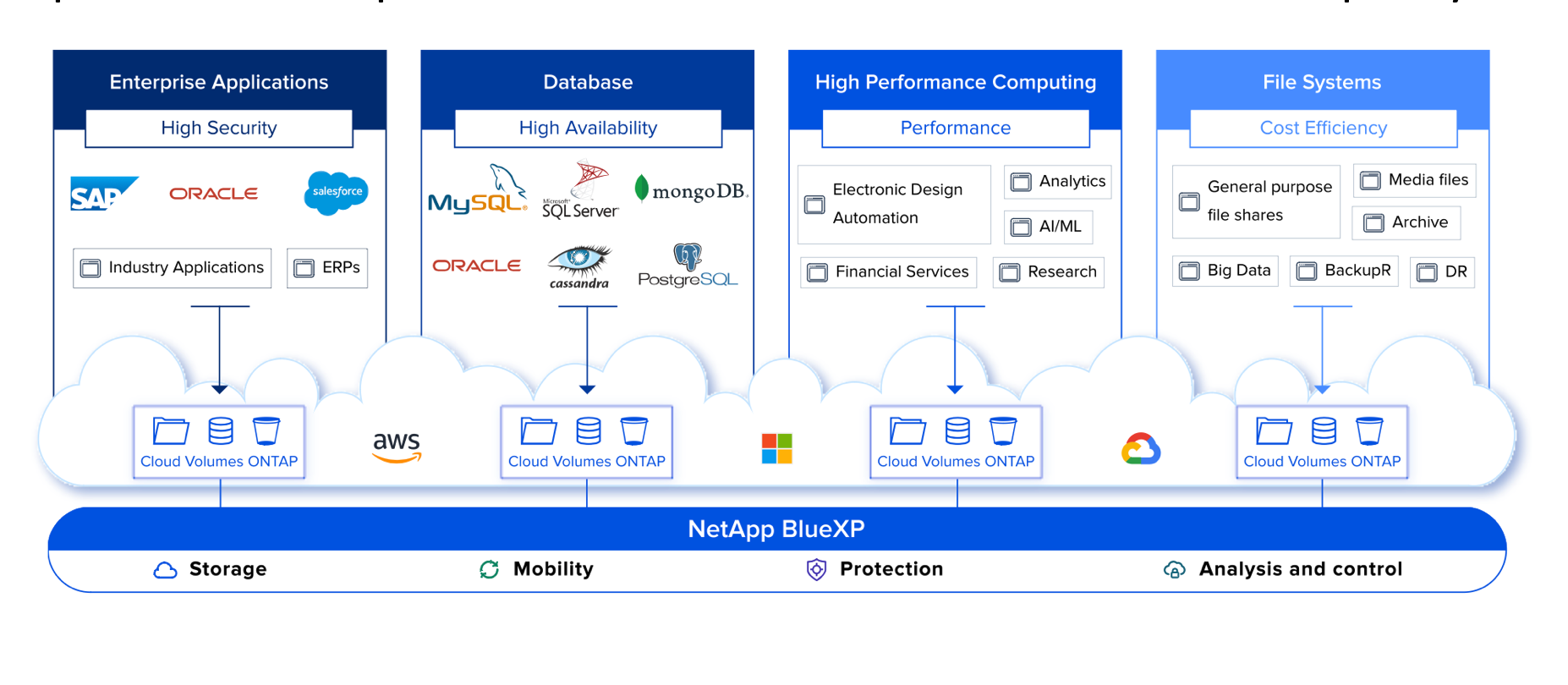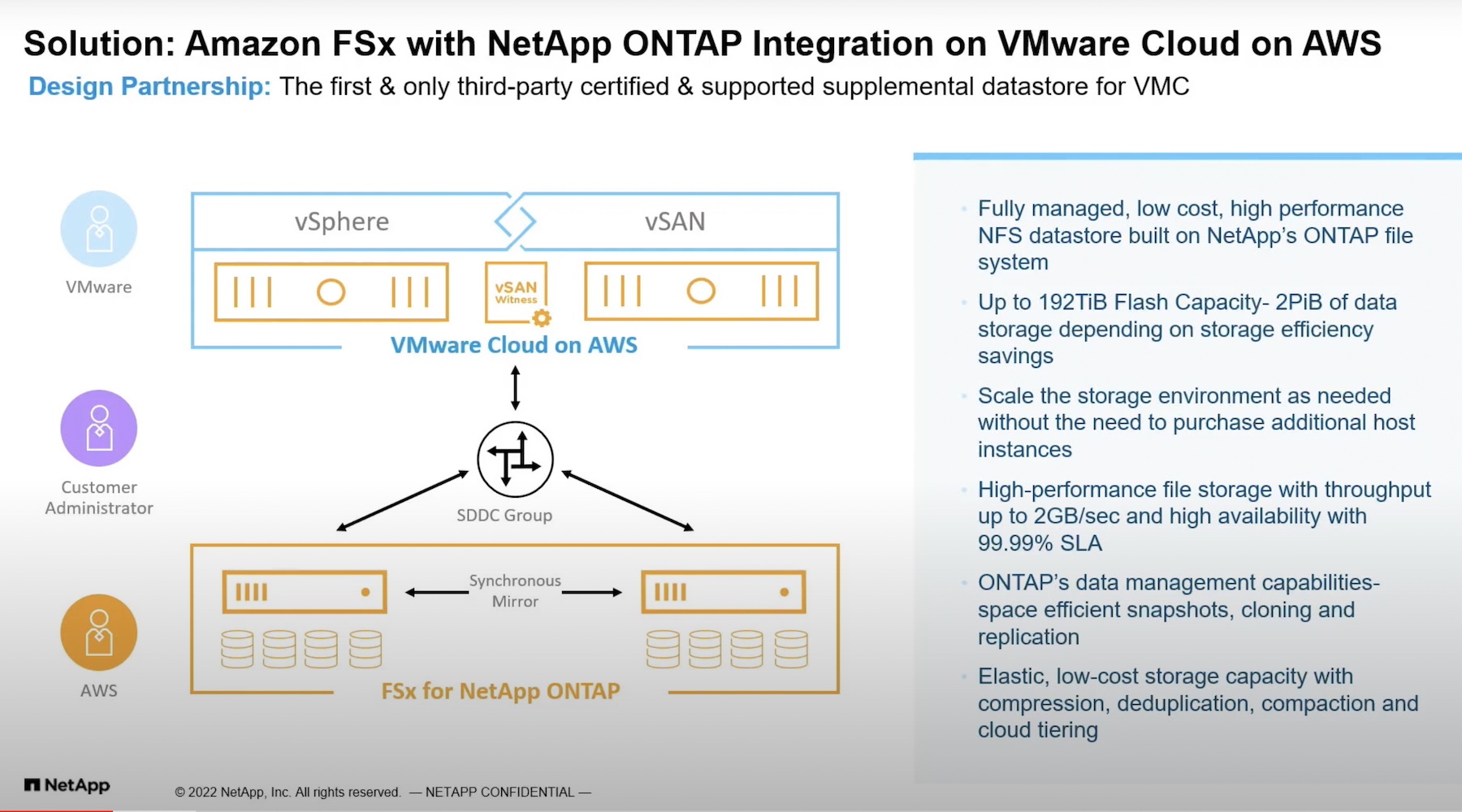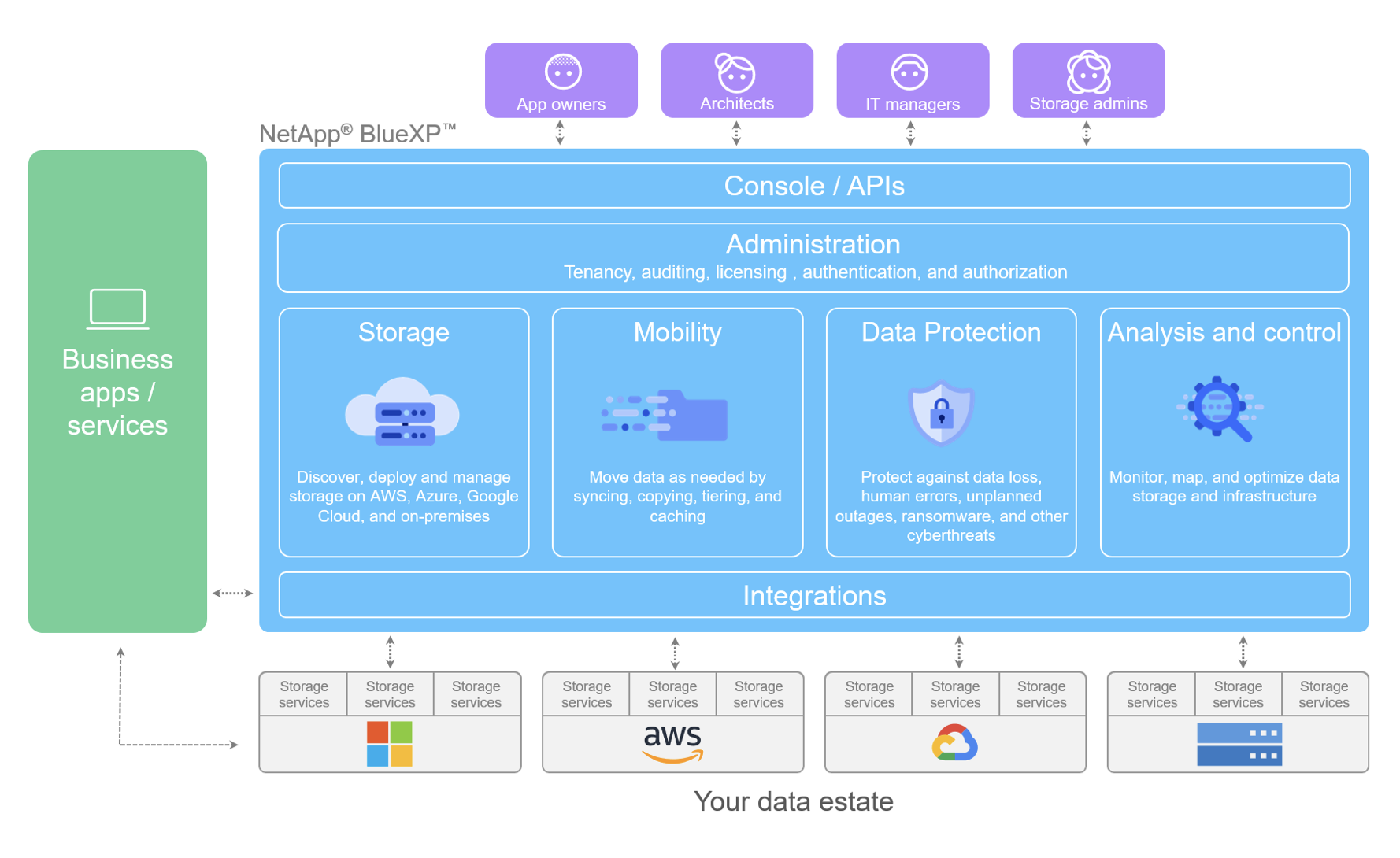NetApp seems to have a definitely plan for staying relevant in the cloud. Over the past year or so, the company has rolled out their Cloud Volumes across all the major public cloud providers. Essentially Cloud Volumes provides a cloud-native consumption model for developers to tap into what NetApp does best, file and advanced data services, provided as a service in the cloud. All of this is managed from a central interface, and orchestrated to your hearts content.
StackPointCloud Volumes
NetApp just added another piece to their cloud story, with the acquisition of StackPointCloud. If you’re not familiar,StackPointCloud provides a universal control plane for managed Kubernetes. If you can see the obvious synergy here, NetApp already beat you to it. In conjunction with announcing the acquisition, NetApp also announced NetApp Kubernetes Service. This will provide a Kubernetes platform for multi-cloud deployments, and the company already has complete stack ready for Azure, Google Cloud, AWS, and NetApp HCI.
By integrating with NetApp’s existing NetApp Cloud Volumes and Trident solutions, they’ve essentially provided the answer to the constant container persistent storage question. StackPointCloud now provides an ideal use case for those.
A New NetApp
In the past, I might have thought that a giant company like NetApp would swallow a startup like StackPointCloud and never let it see the light of day again. But based on how the company has embraced the team from their GreenQloud acquisition. If you want to see how they were rolled successfully into NetApp, be sure to checkout Eiki Hrafnsson’s presentation from Cloud Field Day earlier this year.
NetApp is making a concerted effort hear not to just have a simple cloud offering or story, but to offer a compelling solution to the typical cloud storage conundrums. NetApp Kubernetes Service is another piece of that solution, and a compelling one at that.




